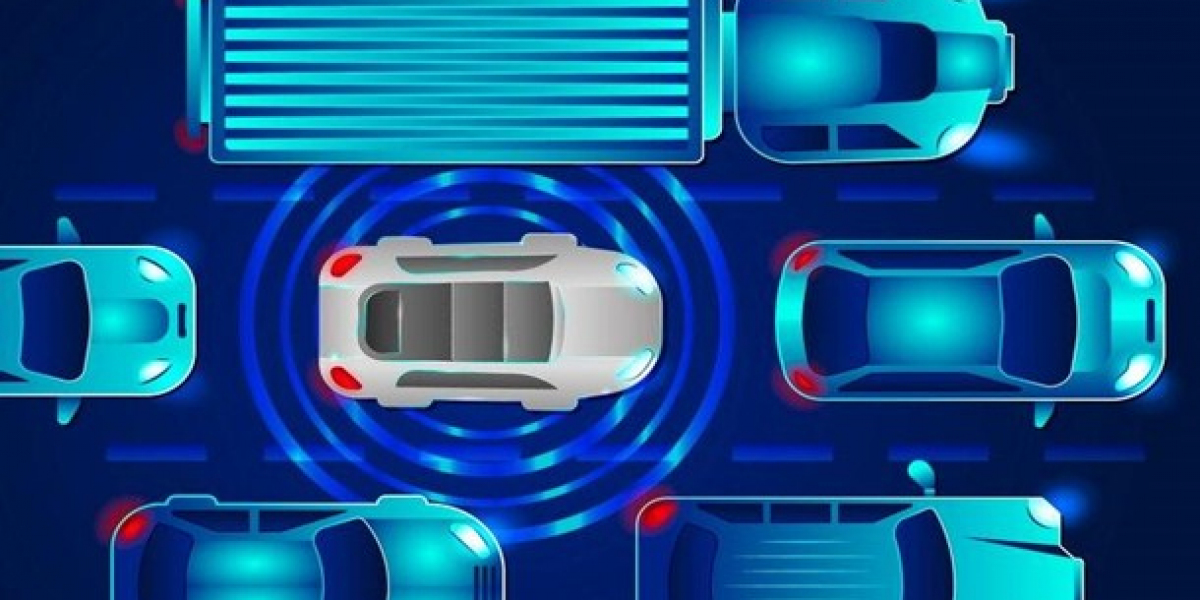As Over-the-Air (OTA) updates become increasingly prevalent in the automotive industry, many car manufacturers are embracing this technology to enhance the ownership experience for their customers. However, the adoption of OTA updates varies across different brands and models, with some manufacturers leading the way in implementing this innovative feature while others are still in the early stages of adoption.
Currently, not all cars support OTA updates, and availability is often limited to certain models or brands that have integrated the necessary hardware and software infrastructure to enable remote software deployment.
Here's a closer look at the landscape of OTA adoption in the automotive industry:
Leading Adopters:
Tesla: Tesla is widely regarded as a pioneer in the implementation of OTA cars updates, with all of its vehicles equipped with the necessary hardware and software to receive updates wirelessly. Tesla regularly releases OTA updates to improve vehicle performance, add new features, and address safety issues, setting a high standard for OTA adoption in the industry.
Audi: Audi has also been at the forefront of OTA adoption, offering OTA updates for select models equipped with the latest infotainment systems. These updates enable Audi owners to receive improvements to navigation, connectivity features, and vehicle performance without visiting a dealership.
BMW: BMW has embraced OTA updates for its newer models, allowing owners to receive software updates for infotainment systems, vehicle control systems, and driver assistance features wirelessly. BMW aims to expand OTA capabilities across its entire vehicle lineup in the coming years.
Mercedes-Benz: Mercedes-Benz has begun rolling out OTA updates for its latest models, enabling owners to receive updates for infotainment systems, navigation maps, and vehicle software remotely. Mercedes-Benz plans to expand OTA capabilities to older models through retrofits and software upgrades.
Limited Adoption:
Traditional Automakers: Many traditional automakers have been slower to adopt OTA updates due to concerns about cybersecurity, data privacy, and compatibility with existing vehicle architectures. While some brands offer OTA cars updates for select models, the availability and frequency of updates may be limited compared to newer, more tech-savvy brands.
Budget and Entry-Level Brands: Budget and entry-level brands may also have limited OTA adoption due to cost considerations and prioritization of features. These brands may focus on providing essential functionality and reliability at a lower price point, with OTA updates being reserved for higher-end models or future product iterations.
In conclusion, while OTA updates are becoming increasingly common in the automotive industry, not all cars support this feature, and availability varies across brands and models. Leading automakers such as Tesla, Audi, BMW, and Mercedes-Benz are driving the adoption of OTA updates by offering regular updates for their vehicles, while others are still navigating the challenges of implementing this technology. As OTA technology continues to evolve and mature, we can expect to see broader adoption across the industry, ultimately benefiting car owners with enhanced convenience, performance, and connectivity.








